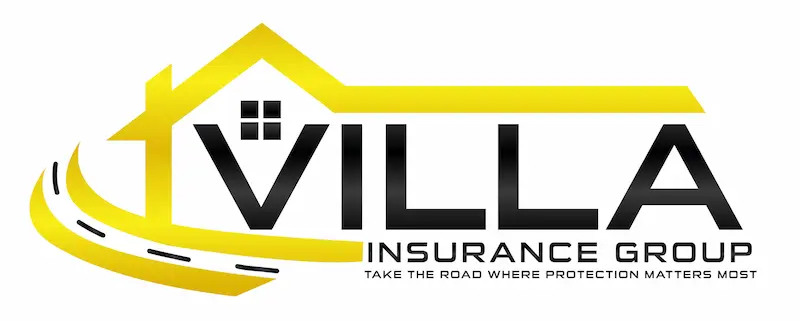While most of us take steps to protect our assets from fire and theft, there are some items in your home that you likely cannot afford to lose in any circumstances.
Think: birth certificates, passports, Social Security cards, tax documents and any collections of valuable items, like stamps or coins. Often we default to using either a home safe or storing the most important of these items in a safe-deposit box in a bank.
If you don’t have a plan for which documents and other important items you need to keep out of harm’s way, we can help you sort through the confusion here.
First off, if you don’t have a home safe, or a safe-deposit box at your bank, you need to consider which one is best for you and decide what to keep inside. In most cases, though, if you want the best in protection, you should have both.
Here’s what you need to know:
Home safes
If you are selecting a home safe, you’ll want one that can protect against theft and fire. The safe should be heavy enough so it can’t be carried out of your home.
First, there are no “fireproof” consumer safes on the market today. They are all fire-resistant, meaning that they resist heat and smoke (and some protect against water) over a given period of time, usually 30 to 150 minutes.
Fire-resistant safes are engineered and designed to protect paper and keep the internal temperature of the safe below 350 degrees, which is the critical temperature where paper will start to char and burn. Fire-resistant safes protect paper documents (and even small amounts of cash) from heat and smoke damage.
Items you should keep in your home safe include:
- Insurance policies and your agent’s contact information.
- Photocopies of passports, credit cards and driver’s licenses, in case they are ever lost or stolen from your purse or wallet.
- Tax documents and tax returns from the past six or seven years.
- A list of your family’s medical information and contacts, including doctors, pharmacies and medications. You may need these details to get new supplies of medications you use on a regular basis.
- Investment and banking documents, including billing contact information, as well as emergency cash.
- Heirlooms and other valuable jewelry and watches.
- Wills and other important legal documents, including wills that list you as the executor. Don’t keep these in a safe-deposit box, which could be difficult to access after your death. (Also, separately store copies of wills and all wills in which you are designated the executor.)
- These are better kept at home in case you need to make an emergency trip.
- Spare keys and titles to all vehicles.
- Safe-deposit box keys.
Safe-deposit boxes
One way to decide what you should keep in a safe-deposit box is to include items you may not feel secure enough storing at home.
Consider storing these items in a safe-deposit box:
- Original birth certificates and Social Security cards.
- Originals of property deeds, car titles, etc.
- Valuable collections or family keepsakes that you don’t access very often.
- A home inventory that includes pictures and videos to use for making claims.
- Any special data on hard drives or other electronic media. Do not store this in a home safe because while they are designed to protect documents from fire, the inside of the safe humidifies during a fire, which can damage electronic data at higher temperatures.
- Key items such as passports, if you don’t want to keep them at home, and power of attorney documents.
- Valuable jewelry you rarely wear.
Get a Free homeowners policy review online today!
Are you looking for home insurance in Lynnwood, Washington? We are a local top rated insurance independent agent protecting all aspects of your life, from your business to your autos and home, we have you covered! The benefit of choosing an independent agent like us means options. We have relationships with many top-rated carriers to give you the auto insurance coverage you need that fits your budget. Don’t wait, call us today at (425) 771-9000 or visit our Quotes Online and start saving money.
